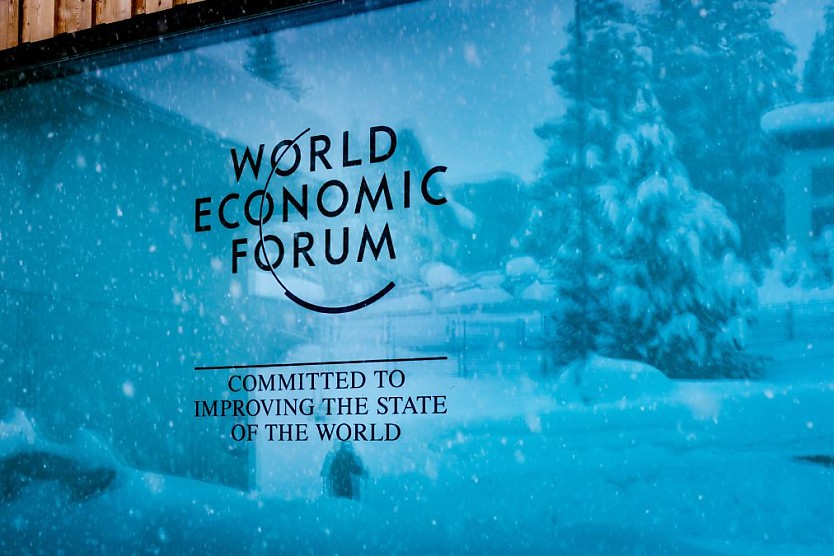Chief economists warn business leaders to think locally amid geopolitical tensions
SHARE THIS ARTICLE

A coalition of chief economists has warned that an increasingly fragmented international landscape will mean global economic recovery in the near term will be slow, if existent. How should businesses prepare?
In the World Economic Forum’s recent Chief Economists Outlook, economic leaders shared their insights on what’s in store for the global economy in the coming months and years. At the core, the report’s message was that the near future is clouded in uncertainty.
Among chief economists, there was a near-even split when it came to growth forecasts, with 56 per cent predicting a weakening global economy over the next year and 43 per cent expecting unchanged or stronger conditions.
While the outlook is not entirely bleak – consider, for example, weakening inflationary pressures and technological advances (most notably in artificial intelligence) – a fractured geopolitical landscape, generally tight economic conditions and slow economic activity mean that progress will be hard won.
Economic snapshot
“Subdued” was the word used to describe current global economic conditions as growth remains modest or, in many cases, slows. As noted in the report: “The relative resilience of the world economy in recent years will continue to be tested entering 2024.”
Signs of slowing down in manufacturing and services combined with tight-pocketed consumers and businesses mean that policymakers are uncertain. At the global level, the gulf between more economically advanced countries and less economically advanced countries is growing as global growth is increasingly the result of the latter’s development.
The most productive economic activity is expected to take place in south and east Asia despite slowing growth in China, while the outlook for the US, the Middle East and North Africa has weakened over the past few months. Europe is expected to suffer weak or very weak growth over the next year.
That said, despite slowing growth pressures on the labour market, consumers are expected to ease slightly over the next year.
“At the start of 2024, global inflation continues to ease, propping expectations of mild ebbing in interest rates this year,” said the report, while chief economists predict that “high inflation [will be] pared back across all regions”.
Geopolitical uncertainty
Nearly 70 per cent of chief economists predict the pace of geoeconomic fragmentation – effectively, the undoing of decades of global economic integration, or “globalisation” – to accelerate this year. Though there is room for debate over the desirability of this kind of integration, leading economists and global economic organisations see it as a major contributor to global economic development over the past three decades or so.
“These forces of integration have boosted productivity and living standards, tripling the size of the global economy and lifting 1.3 billion people out of extreme poverty,” wrote the International Monetary Fund.
Growing international rifts – evident in conflicts across the Middle East and Ukraine but perhaps most substantial is the growing US-China tension – threaten to further localise economic activity. Eighty-seven per cent of chief economists warned that fragmentation will stoke volatility in the global economy over the next year, while 80 per cent said the same is to be expected in global stock markets. Less advanced economies are expected to feel these impacts most acutely.
When asked how businesses should prepare for a more fragmented global economy across 2024, chief economists recommended the following:
- Diversification, not isolation, when it comes to operations, remains “the surest way to [achieve] resilience in times of heightened volatility”.
- To invest in gradual de-risking and localisation and, in so doing, to discover new supply chain opportunities.
- To prioritise people: “[The] search for talent and agility will be at the core of strategy planning and execution, with many multinationals having to juggle and adjust strategies across the geographies.”
Nick Wilson
Nick Wilson is a journalist with HR Leader. With a background in environmental law and communications consultancy, Nick has a passion for language and fact-driven storytelling.

